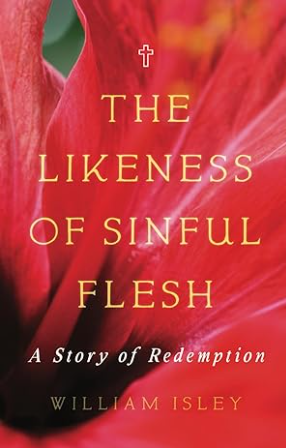Recently someone commented that just like other people she respects some police and doesn’t respect others. The statement errs because it fails to distinguish between respect for a person and respect for an office.
We Americans tend to think that others must earn our respect. On the level of merely personal relationships this makes some sense. We respect people because they have accomplished something significant or exhibit a noble characteristic. In these instances, respect means to admire a person and possibly to look to them for valid ideas in their area of expertise or moral guidance because of their character.
Nevertheless, the notion that respect must be earned has some serious drawbacks. It limits our respect for others to those whom we know personally or are aware of their accomplishments through the media. For example, if we can only respect those who have earned it, how are we to treat the cashier in the grocery store or the sales clerk in the department store? How can they possibly have earned our respect?
Even less so does the notion of earned respect work with police officers. Whether he is a personal friend or a complete stranger, when a police officer wears a uniform, he represents the law. Thus, the way we treat him shows our attitude to the law of the land. Respecting the police demonstrates respect for the law or at least the fear being punished.
A not so uncommon experience of mine demonstrates respect that is merely the fear of being punished. I generally drive within the speed limit, but right up to the limit. This means that I am usually being passed. When I began passing several cars, it is a sure sign that a police car is nearby. I chuckle to myself, unfortunately with a bit of smug self-righteousness.
The fear of being punished clarifies a common misunderstanding of the role of the police. Their role is not primarily to defend us, but rather to enforce the law. Defending us is a secondary effect of enforcing the law, since it prevents or at least hinders those who would harm law-abiding citizens by breaking the law.
The police’s primary function as enforcers of the law means that police intervention creates a tense and potentially inflammatory confrontation. Even something as minor as being pulled over by a police officer makes us nervous and often angry and self-defensive. It is no wonder then that the Apostle Paul wrote that the law has a way of provoking us to sin (Romans 7:7-11). None of us cherishes being in the wrong.
However, if police officers merely by being police officers are so distrusted and despised by individuals or large sectors of the population that they feel justified in calling them “pigs”, there is a serious problem. Such an attitude reveals an extreme alienation from society and its laws which the police represent. Those who hold to such a view will act provocatively in a police intervention because they do not accept or they resent the police’s authority as enforcers of the law. In areas where such a view dominates, police will feel that they are in hostile territory. If this negative attitude toward the police is combined with a high crime rate, the natural impulse of the police is to be suspicious of everyone. The upshot is that the normal tension in a police intervention easily escalates with unfortunate, even fatal, consequences.
While there clearly have been terrible incidents of unjustified or excessive use of force by the police, a wholesale distrust of the police is just as clearly unjustified. If the Apostle Paul could say under Nero’s rule that every person was to be subject to the governing authorities (Romans 13:1) and the Apostle Peter could exhort Christians to honor the emperor (1 Peter 2:17), then surely we should respect the police as representatives of the law. And in those areas where crime is rampant, the worst thing the community and its leaders can do is to encourage hostility to the police—the very ones whose enforcement of the laws does protect the innocent.
And what about the grocery store cashier and the store clerk? They have a very high office and one that they didn’t earn. They are created in the image of God (Genesis 1:26)—a position certainly worthy of our respect.


I enjoyed your article. I believe God does want us to respect everyone. When people drag us down in life, we are expected to move away from them. Until that time they have proven their deceit, they should be respected. I for one am so great full to all police, fire & military, who put their lives on the the line for me each day.
Thanks, Don.
Excellent blog, Dr. Isley. Clear, logical, and well-argued, with lots to think about. I am reminded of Socrates’ refusal to escape from imminent death so as to avoid contributing to lawlessness.
I am curious how we should respond to truly corrupt police officers. What would you advise someone in an awful situation who is caught between wanting to respect the office and legitimately fearing the person?
Thank you, Brook, for compliment and the good question. By the way, we just discussed the Crito in Great Ideas today. I think Maddie Rues stumped Mr. Leach and me! With regard to your question, I certainly don’t want to sound like I am giving carte blanche to the police. On the one hand, police departments do have systems to deal with corrupt officers and/or civilian boards to review their actions. In theory these are to protect the integrity of the office from individual corruption. On the other hand, I don’t want to understate the challenge that it could be since the police, like anyother institution, tends to try to protect itself first. Another option would be to contact a lwayer. One thing that I felt challenged to do was to pray for the police.